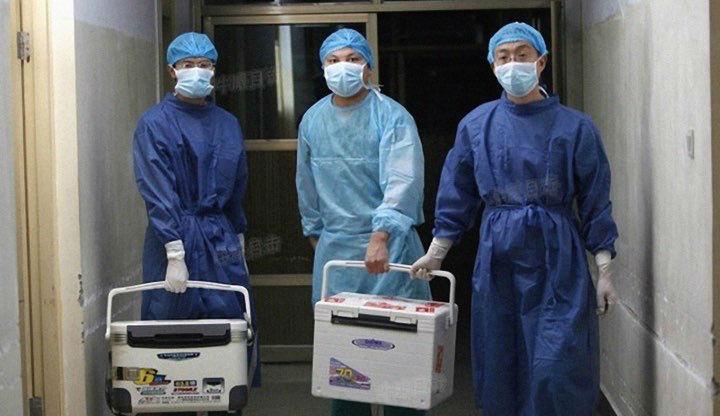Australia’s federal government is considering steps to automatically register all Australian residents as organ donors, unless they opt-out.
The government’s Inquiry into Human Organ Trafficking and Organ Transplant Tourism proposed the measure to help reduce lengthy wait times for organ donations in order to deter patients seeking organ transplants from turning to the international organ market as a transplant tourism.





